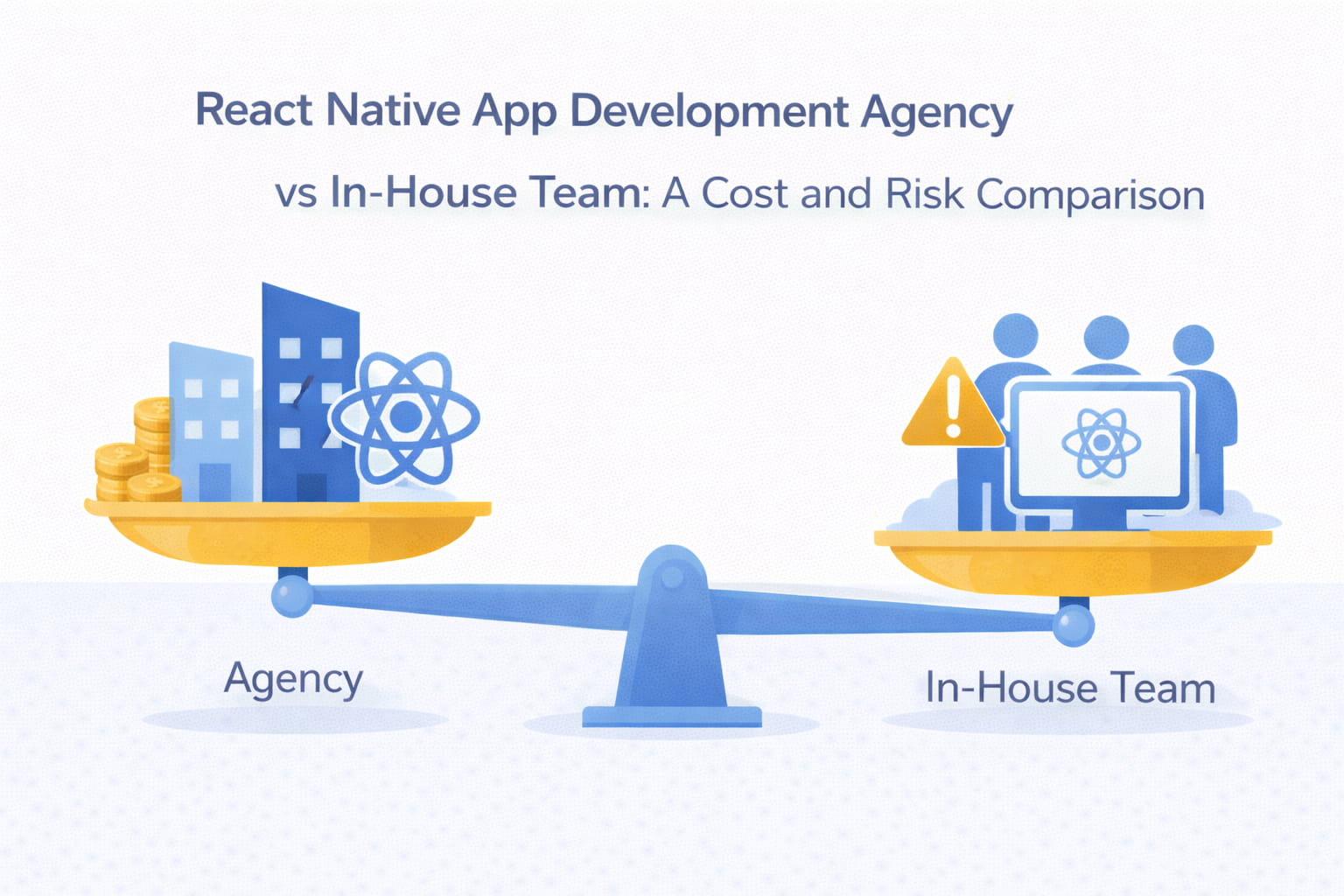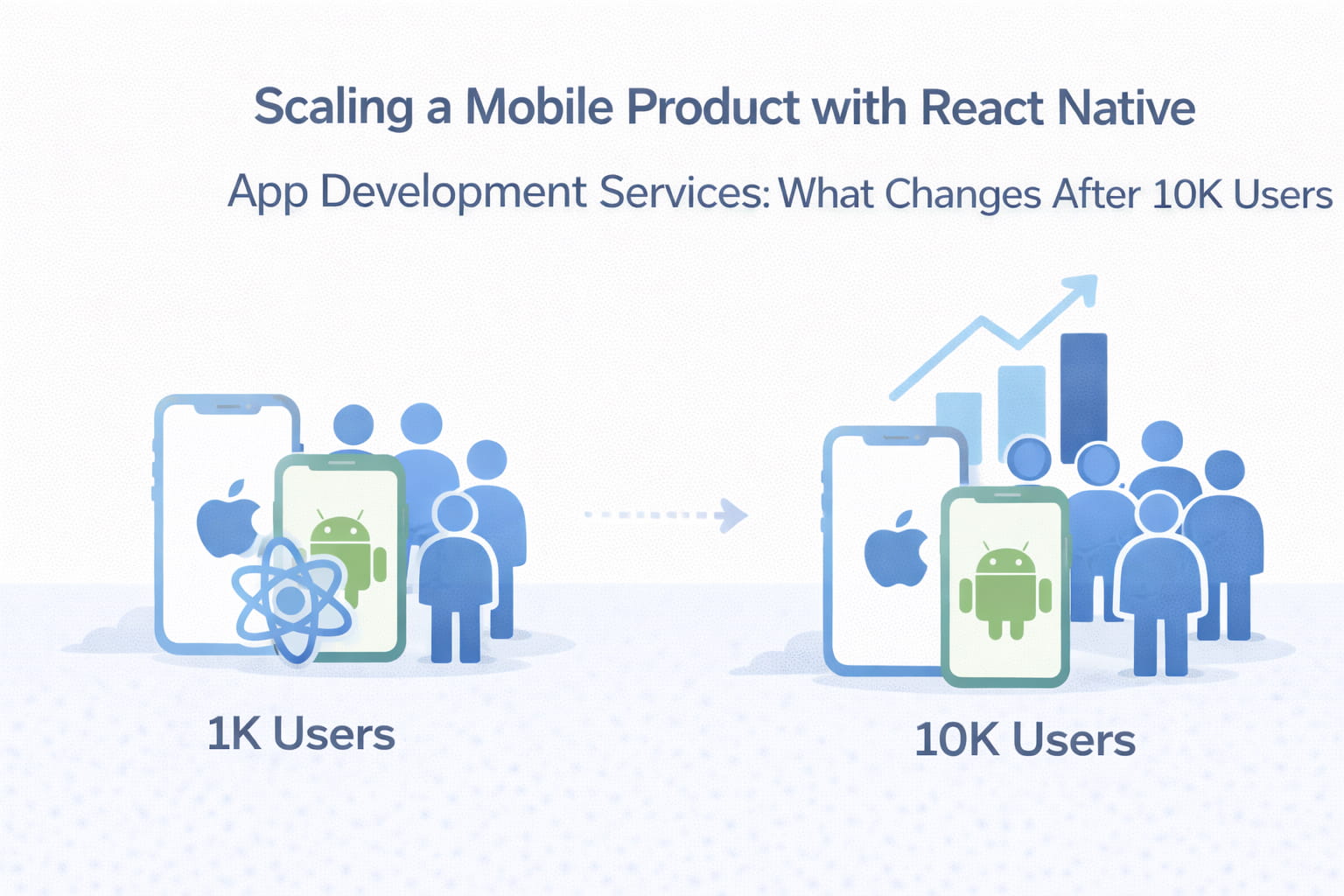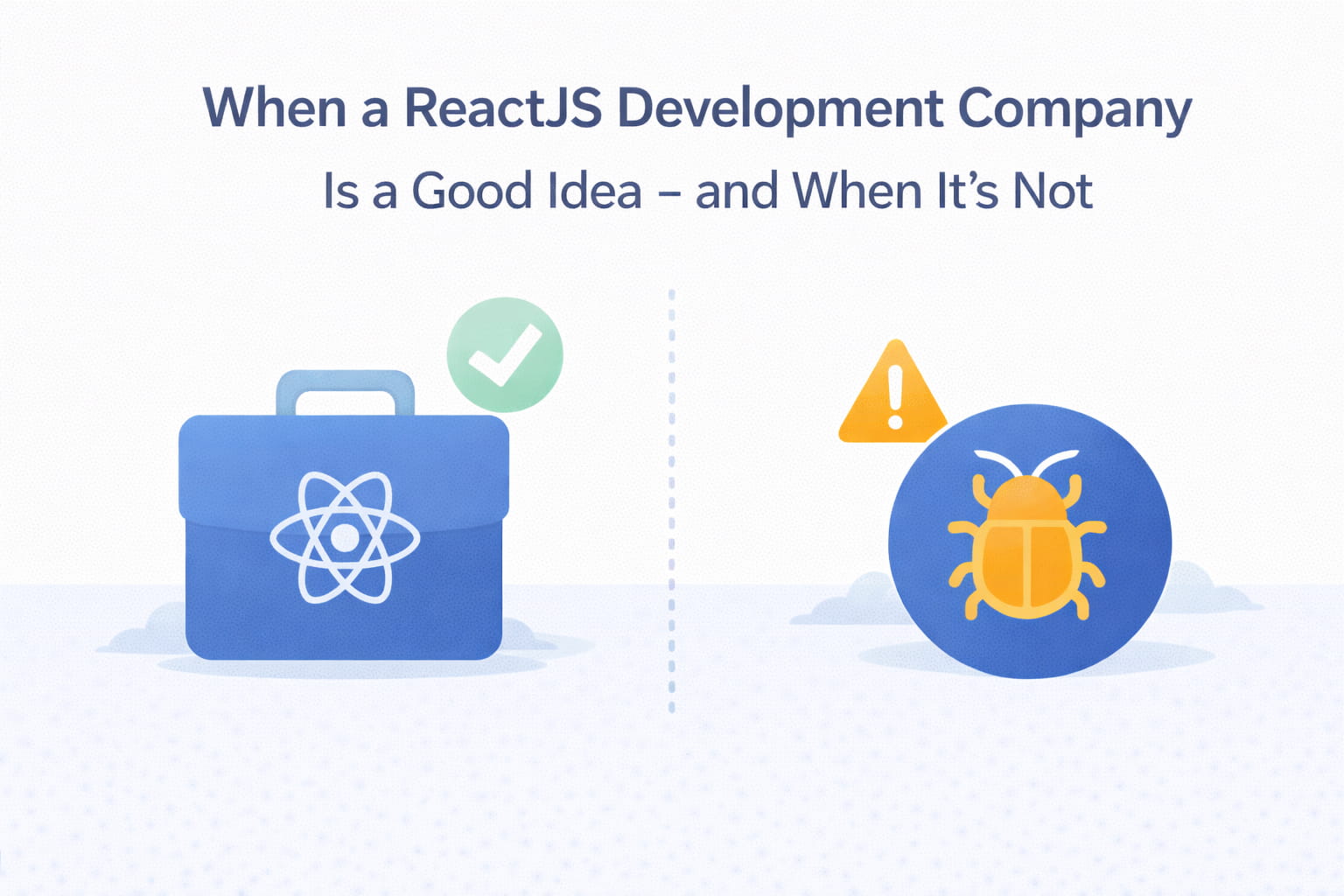In the vast world of website builders, Shopify web development service stands out as a top choice for those looking to create their online store.
In our previous article, we discussed where to find a reliable Shopify developer and why professional support can be a game-changer. Now, we’ll shift the focus to the platform itself. This article examines the pros and cons of using Shopify web development tools, so you can decide if it is right for your business needs.
E-commerce Focus
Shopify’s popularity as an e-commerce platform is well-deserved. It provides small businesses with a comprehensive set of tools for building, managing, and expanding their online stores easily.
A key advantage of Shopify web development services is its focus on e-commerce. While other website builders target a wide range of websites, Shopify aims to assist those seeking to sell products and earn money online. This focus allows Shopify to offer the necessary tools and features for e-commerce success.
Ease of Use
Shopify is user-friendly, regardless of your skill level. It offers different plans for businesses of all sizes and provides 24/7 customer support, so help is always available if needed.
However, it is important to note that Shopify may not be the most versatile website builder for businesses that do not focus on e-commerce.
App Ecosystem
One of the standout Shopify web development features is its app ecosystem, with over 8,000 apps available to extend functionality in nearly every aspect of your store.
However, it’s important to be cautious with adding too many apps, as subscription fees can quickly add up. Researching each app, reading user reviews, and weighing the cost versus benefits before integration is crucial to avoid overspending on unnecessary tools.
Pricing options
Shopify offers a range of pricing plans. Aside from the monthly plan costs, which range from $29 to $299, expenses can increase if you include premium themes, third-party apps, transaction fees for payment gateways other than Shopify Payments, domain registration, and additional services like email marketing or custom branding.
Each plan is designed to meet specific business needs by providing features such as unlimited product listings, staff accounts, and multi-currency support. The 2% processing fee per transaction can be avoided if you use Shopify Payments.
Scalability
Shopify provides good scalability, growing with your business as needed. Its plans suit various business sizes, allowing you to scale up or down. The platform’s flexibility is enhanced by numerous add-ons and plugins available in its app store, which can improve your site.
SEO features
When it comes to SEO, Shopify offers features to help your store rank higher in search engines. While it may not be the best website builder for SEO compared to competitors like Wix and Squarespace, Shopify’s tools are still effective, especially for smaller operations. Additionally, Shopify provides excellent support services, with 24/7 availability and a variety of help channels for assistance.
Drawbacks
Despite many strengths, Shopify has some downsides. The platform depends heavily on apps. It also lacks true drag-and-drop design flexibility, and some store pages may load slower than expected.
Shopify offers starter themes and many free or paid templates. You can set up a simple store in about an hour. But making it unique and polished requires more time and effort.
Still, with the right approach and cost planning, Shopify can be a great tool for small businesses.
Conclusion
Shopify is a strong choice for building an online store. It works well for both beginners and experienced sellers. With its features and support system, it helps businesses succeed in e-commerce.
Success, however, depends on how you use the platform. Working with an experienced team like Digital Octane can help you maximize Shopify and reduce drawbacks. We handle the technical work, so startups, agencies, and businesses can focus on growing their brand and selling.



